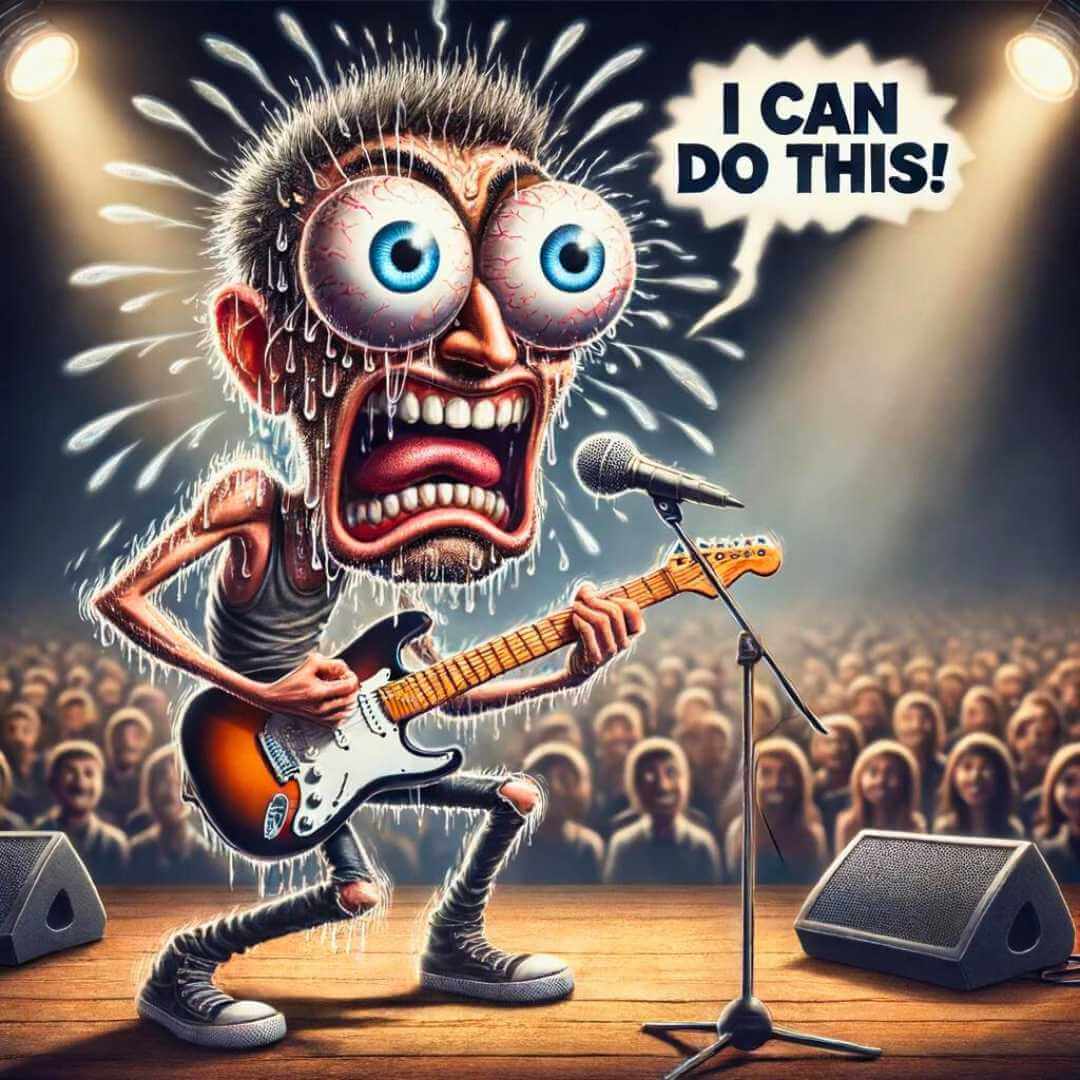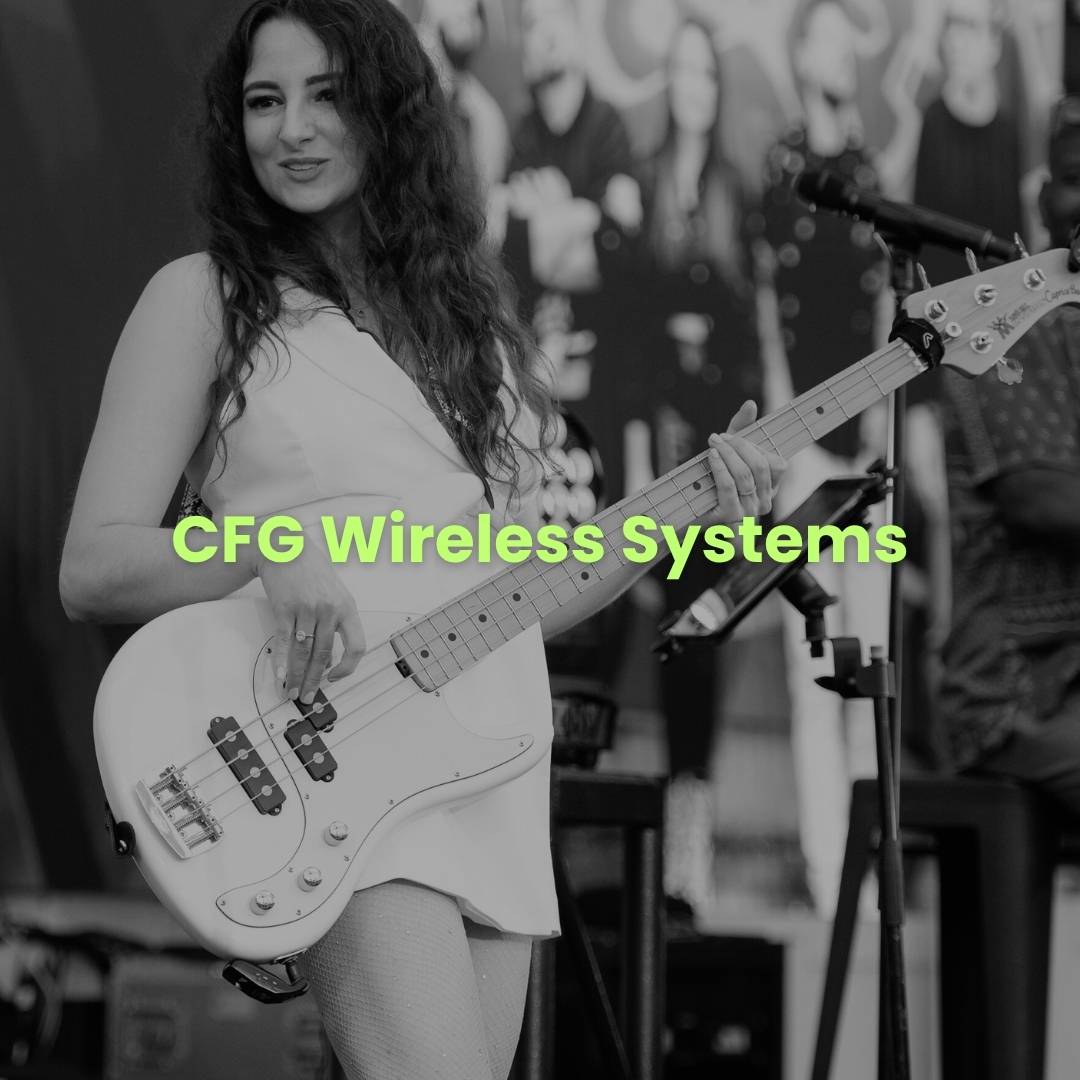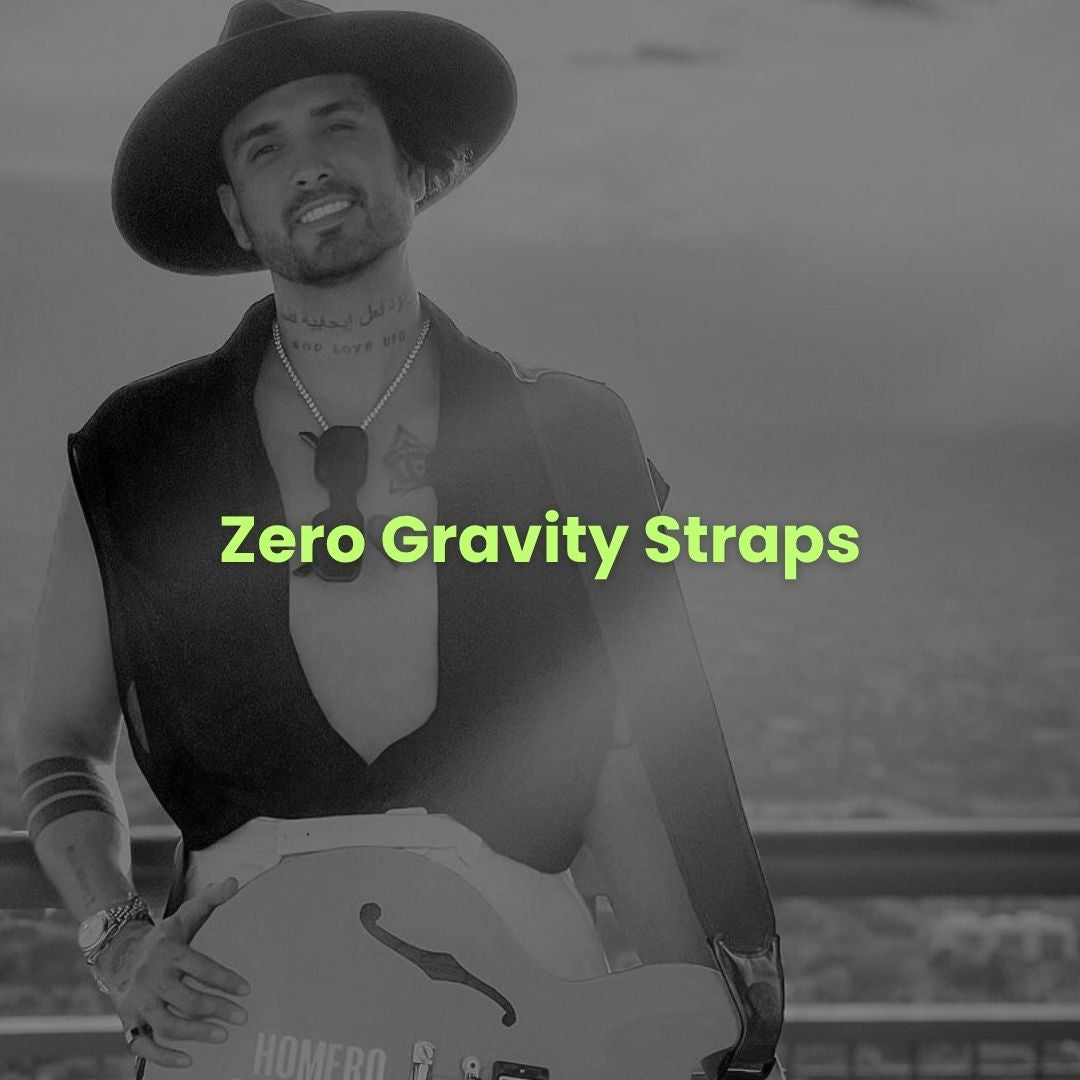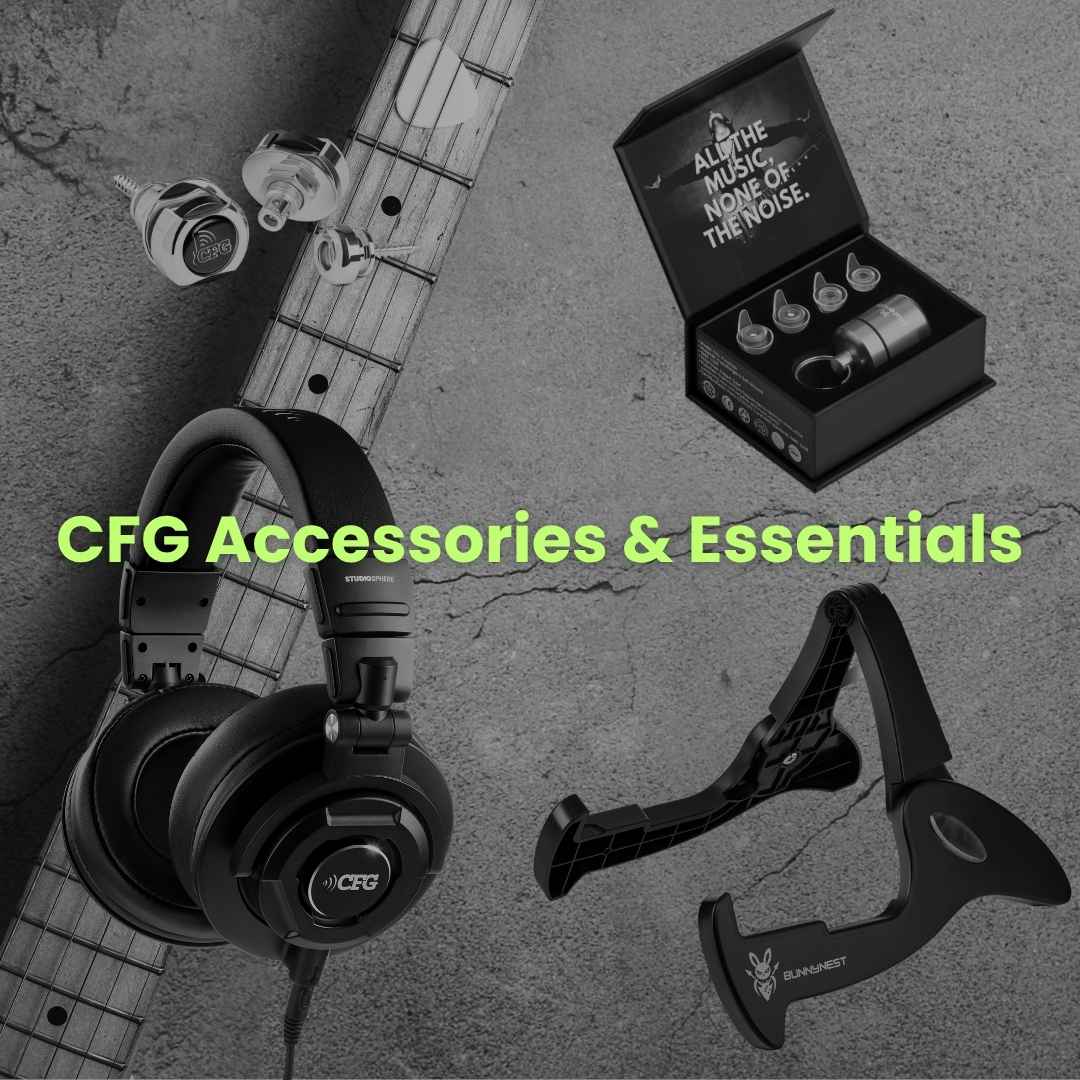Stage fright and performance anxiety are issues that many musicians, whether beginners or seasoned pros, encounter at some point in their careers. These feelings can be incredibly overwhelming, affecting not only your performance but also your love for music. In this article, we'll explore effective techniques and mental preparations to help you conquer stage fright and performance anxiety, ensuring you can perform your best and enjoy the experience.
Understanding Stage Fright and Performance Anxiety
What is Stage Fright and Performance Anxiety?
Stage fright, also known as performance anxiety, is the nervousness or fear one feels before or during a performance. Common symptoms include sweaty palms, a racing heart, dry mouth, and even nausea. These symptoms stem from the fear of being judged, making mistakes, or not meeting expectations. As a musician who pours heart and soul into every performance, it's easy to see why this can be so daunting.Personal Experience with Stage Fright
I vividly remember my first major performance. My hands were trembling so much that holding my pick was a challenge. My mind raced with thoughts of forgetting chords or hitting the wrong notes. These experiences are not unique; many musicians face similar anxieties. Understanding that you're not alone is the first step in overcoming these fears.

Mental Preparation Techniques
Visualization and Positive Thinking
One powerful technique to combat performance anxiety is visualization. By picturing yourself on stage, playing flawlessly, and receiving positive reactions from the audience, you can mentally prepare for success. I started using visualization before gigs, imagining every note and every cheer, which significantly boosted my confidence.
How to Visualize a Successful Performance:
- Find a Quiet Space: Sit in a comfortable position where you won’t be disturbed.
- Close Your Eyes: Begin to breathe deeply and slowly.
- Imagine the Venue: Visualize the stage, the lights, and the audience.
- Picture Your Performance: See yourself playing perfectly, hitting every note, and engaging with the audience.
- Feel the Emotions: Feel the excitement, joy, and confidence as you perform.
Mindfulness and Meditation
Incorporating mindfulness and meditation into your routine can significantly reduce anxiety. Mindfulness keeps you grounded in the present moment, reducing worries about the future. Here’s a simple meditation practice you can try:Step-by-Step Meditation Practice:
- Sit Comfortably: Find a quiet place to sit down.
- Close Your Eyes: Focus on your breathing.
- Breathe Deeply: Inhale slowly for four counts, hold for four, then exhale for four.
- Release Tension: As you exhale, imagine releasing all tension and anxiety.
Practicing this regularly can help calm your mind before a performance.
Breathing Exercises
Breathing exercises are another effective tool to combat performance anxiety. Deep, controlled breaths can slow your heart rate and calm your nerves.
Techniques for Calming Nerves:
- 4-7-8 Breathing: Inhale for 4 counts, hold for 7, and exhale for 8.
- Box Breathing: Inhale for 4 counts, hold for 4, exhale for 4, and hold again for 4.
Before a performance, I take a few minutes to do these breathing exercises. They help steady my hands and clear my mind, making pre-show jitters more manageable.

Practical Performance Techniques
Warm-Up Routines
Warming up is essential not only for your fingers but also for your mental state. A good warm-up routine can make you feel more prepared and less anxious.
Pre-Performance Warm-Up Routine:
- Basic Scales: Start with simple scales to get your fingers moving.
- Finger Exercises: Practice finger exercises to improve dexterity.
- Run Through Key Songs: Play through a few key songs in your setlist.
This routine helps loosen up your hands and gets you into the right headspace for performing.
Familiarization with the Venue
Getting to know the venue before you perform can make a huge difference. Visit the stage, check out the lighting and acoustics, and maybe even run through a few songs during soundcheck.
Benefits of Venue Familiarization:
- Reduces Unknowns: Familiarity with the stage and setup reduces surprises.
- Builds Confidence: Knowing the environment boosts your confidence.
- Improves Performance: A comfortable performer is a better performer.
I always feel more at ease after I’ve walked around the venue and visualized myself playing there.
Building a Pre-Show Ritual
Having a pre-show ritual can create a sense of normalcy and control. My ritual includes tuning my guitar meticulously, doing a short meditation, and running through a few key songs. This routine helps ground me and signal to my brain that it’s time to perform.
Elements of an Effective Pre-Show Ritual:
- Tuning Instruments: Ensures everything sounds perfect.
- Mental Preparation: Meditation or visualization exercises.
- Physical Warm-Up: Light stretching or finger exercises.

Building Confidence Through Practice
The Role of Consistent Practice
Consistent practice is the foundation of confidence. The more you practice, the more secure you’ll feel about your abilities.
Practice Regimen Tips:
- Daily Sessions: Set aside dedicated time each day for practice.
- Focus on Weaknesses: Identify and work on areas that need improvement.
- Repetition: Repeatedly play through your setlist until it becomes second nature.
Knowing your set inside out gives you a huge confidence boost.
Recording and Reviewing Performances
Recording your practice sessions and performances can provide valuable insights. Reviewing these recordings allows you to see what works and what doesn’t, helping you improve.
Benefits of Self-Review:
- Identify Mistakes: Spot areas that need improvement.
- Track Progress: See how much you’ve improved over time.
- Build Confidence: Positive feedback from yourself can be very motivating.
I remember cringing at my early recordings but also learning so much from them. Constructive self-criticism can be a powerful tool in reducing performance anxiety.
Small, Incremental Performances
Start with low-pressure gigs and gradually increase the audience size. This approach helps build confidence without overwhelming yourself.
Gradual Exposure Approach:
- Small Venues: Begin with small, intimate settings.
- Local Gigs: Play at local venues or open mic nights.
- Increase Audience Size: Gradually move to larger venues.
I began by playing at small local venues before moving on to larger stages. Each successful performance, no matter how small, builds your confidence and reduces anxiety over time.

Seeking Professional Help
When to Consider Therapy or Counseling
If your anxiety feels unmanageable, it might be time to seek professional help. Therapy or counseling can provide strategies tailored to your specific needs.
Signs You Might Need Professional Help:
- Persistent Anxiety: If anxiety doesn’t improve with self-help techniques.
- Impaired Performance: If anxiety significantly impacts your performance.
- Overall Well-Being: If anxiety affects other areas of your life.
Overview of Performance Coaching
Performance coaches specialize in helping musicians overcome mental blocks and improve their on-stage presence. A coach can offer personalized techniques and feedback, helping you tackle performance anxiety head-on.
Benefits of Performance Coaching:
- Tailored Strategies: Techniques customized to your needs.
- Expert Guidance: Professional advice and support.
- Accountability: Regular sessions to keep you on track.

Conclusion
Stage fright and performance anxiety can be challenging, but they’re not insurmountable. By incorporating these mental preparation techniques and practical performance strategies, you can reduce your anxiety and perform with greater confidence. Remember, even the most seasoned performers experience nerves – it’s how you manage them that makes the difference. Keep practicing, stay positive, and don’t be afraid to seek help if you need it. Your best performance is just around the corner!
P.S. It's always a good idea to have the right gear for a worry-free performance. Having reliable equipment can significantly lower another anxiety factor, ensuring you can focus on your music. Visit our wireless systems, comfort straps, and accessories collections below to find the perfect gear for your next gig!

